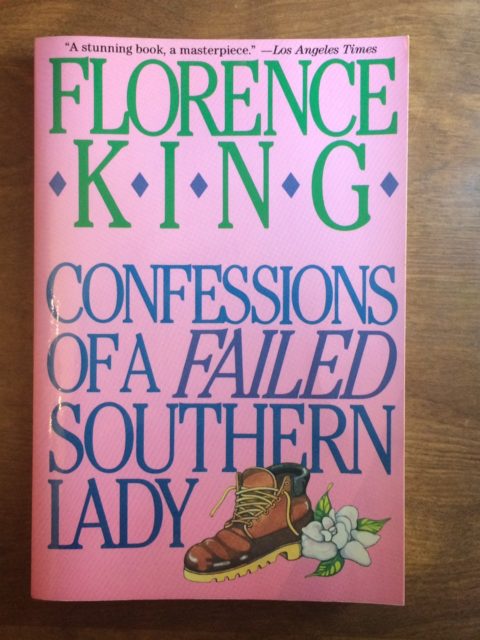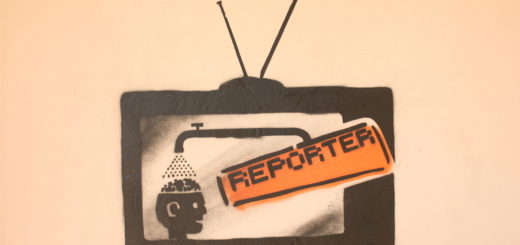On Florence King and “Carol”
The recent passing of conservative writer and humorist Florence King has gotten a lot of press, and I can only find it fittingly ironic that King has passed while the move “Carol” is still in the theaters and is getting a lot of attention.
Given that I’ve read King’s memoir “Confessions of a Failed Southern Lady” more times than I can count, I brought that with me into my viewings of “Carol.”
In “Confessions” King tells of growing up in an unconventional family, then falling in love when she was in graduate school in Mississippi with a woman named Bres. In “Confessions” she talks about the whisperings that surrounded them and how much they feared for their safety. Having read the book several times, it was this framework that I took into my viewing of “Carol.”
“Carol” is the story of a young, working class photographer (Rooney Mara) and a socialite mother (Cate Blanchett) who fall in love in an era when such a relationship was dangerous and outside the bounds of mainstream society.
Directed by Todd Hayes, “Carol” is a lushly filmed period take of a lesbian love affair, where the details of the clothing, cars and production design help fill in the edges of a dangerous love story in a different era.
“If you enjoyed the movie “Carol” and are curious about the reality that the two women are inhabiting in 1950s America, then pick up a copy of “Confessions of a Failed Southern Lady.”
The 1985 book is a classic for a reason.
While we may never know, I suspect that “Carol” is a movie that King might have approved of, even though she didn’t approve of much.
Update: I just ran across this great article by Frank Rich on the novel “The Price of Salt” that the film “Carol” was based on, and what it meant when it was published.























